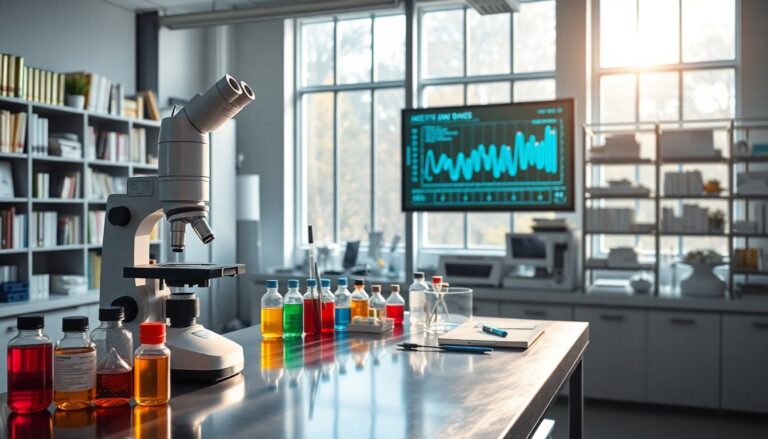Argomenti trattati
In the rapidly evolving landscape of healthcare, few areas hold as much promise and potential as biotechnology. This field encompasses a broad range of techniques that utilize living organisms to develop products and solutions aimed at enhancing human health. Looking ahead, the impact of biotech on healthcare systems globally is set to be significant.
From genetic editing to personalized medicine, the innovations emerging from biotechnology are not merely theoretical; they are actively reshaping patient care practices. For healthcare professionals, patients, and policymakers, understanding the trajectory of these advancements will be essential.
The Role of Biotechnology in Disease Prevention and Treatment
Biotechnology has made significant strides in healthcare, particularly in the prevention and treatment of diseases. Unlike traditional methods, which often adopt a one-size-fits-all approach, biotechnology fosters the development of personalized medicine. This innovative approach tailors treatments to the unique genetic makeup of each patient, enhancing the likelihood of successful outcomes.
Genetic Engineering and Targeted Therapies
Genetic engineering techniques, such as CRISPR, have revolutionized the capability to make precise modifications to DNA. These advancements allow researchers to target specific genes associated with various diseases. For example, breakthroughs in the treatment of genetic disorders and cancers are increasingly possible. Targeted therapies, which focus on the unique genetic profile of tumors, can significantly improve the efficacy of cancer treatments while reducing side effects.
The development of monoclonal antibodies has significantly transformed the treatment landscape for various diseases. These therapies enable precise targeting of pathogens or diseased cells, leading to improved patient outcomes and a reduction in the overall burden on healthcare systems.
Innovative Diagnostics and Monitoring
Biotechnology is also making substantial advancements in diagnostics and monitoring. Traditional diagnostic methods often require invasive procedures and result in lengthy wait times. In contrast, recent innovations have introduced biomarkers and rapid testing methods, which provide immediate insights into a patient’s health status.
The Emergence of Point-of-Care Testing
Point-of-care testing leverages biotechnology to deliver real-time results directly at the site of patient care, whether in a clinic, home, or emergency room. This immediate access to information can significantly improve decision-making and expedite treatment timelines. For instance, innovative diagnostic tools now allow physicians to detect infections, genetic disorders, or metabolic conditions within minutes instead of days.
Moreover, wearable biotechnology devices are emerging as vital instruments for monitoring chronic conditions. These devices can track various health metrics and provide continuous data, facilitating timely interventions and personalized modifications to treatment plans. The integration of such technologies not only empowers patients but also enhances the overall efficiency of healthcare delivery.
The Ethical Considerations of Biotech Advancements
Biotechnology holds significant promise in the healthcare sector, yet it also introduces critical ethical considerations. The capacity to manipulate genes and develop genetically modified organisms raises important questions regarding safety, long-term effects, and the moral implications of these interventions.
As advancements in biotechnology progress, the establishment of robust regulatory frameworks and ethical guidelines becomes paramount. Stakeholders must actively participate in ongoing discussions to ensure that innovations are developed and implemented in a responsible manner.
Moreover, equitable access to biotechnological advancements remains a pressing concern. Given that many of these innovations can entail substantial costs, ensuring that all patients can benefit from them is vital for the sustainability of healthcare systems.
Conclusion: A New Era in Healthcare
The Promising Future of Biotechnology in Healthcare
The future of biotechnology in healthcare holds significant promise. It has the potential to revolutionize our approach to disease prevention, diagnosis, and treatment. As innovation in this field continues, integrating these technologies into our healthcare systems is essential.
Balancing Progress with Ethics
However, it is crucial to balance progress with ethical considerations and ensure equitable access to these advancements. Those who invest in biotechnology must prioritize these values to foster trust and acceptance among the public.
The Role of Collaboration
The ongoing collaboration between scientists, healthcare providers, and policymakers will be vital. This teamwork will shape a healthcare landscape that effectively harnesses the power of biotechnology for the benefit of all.

